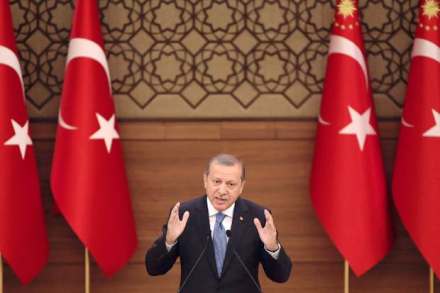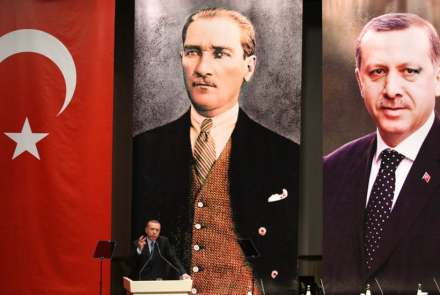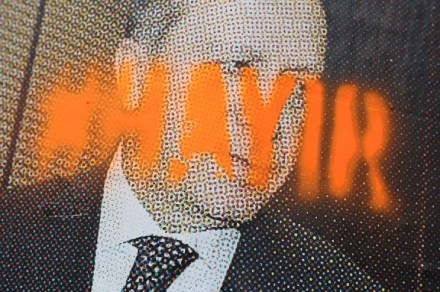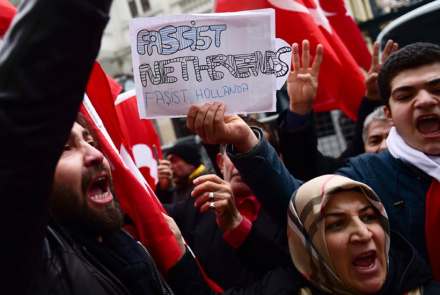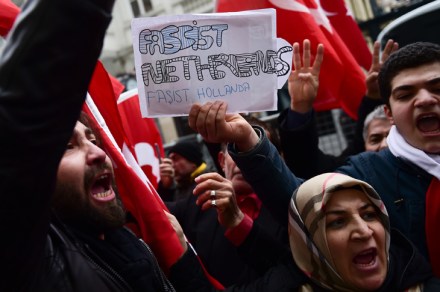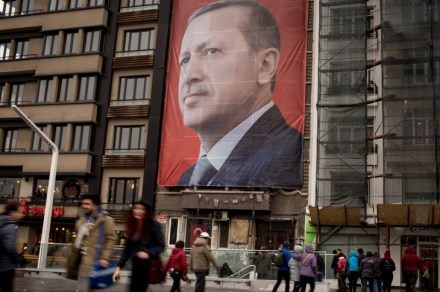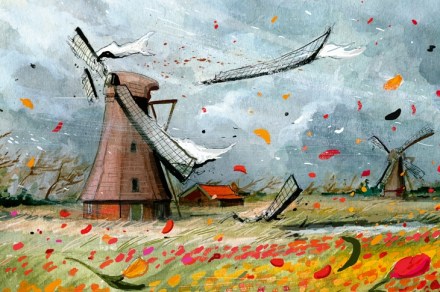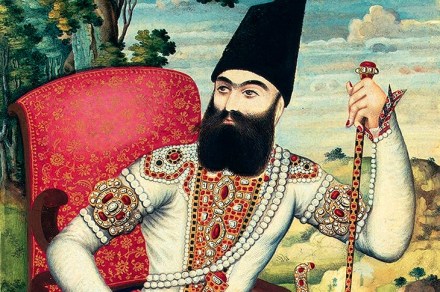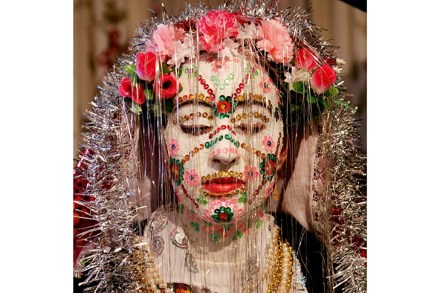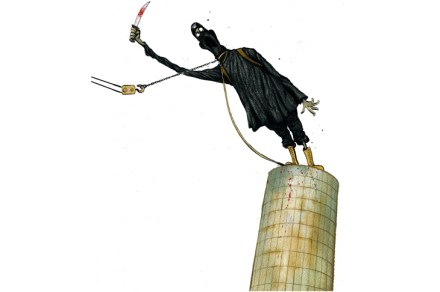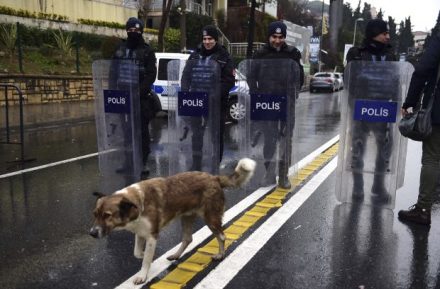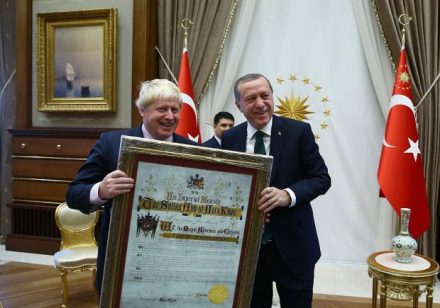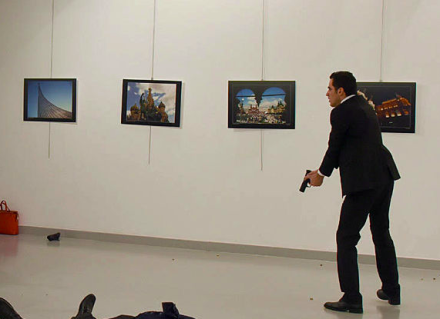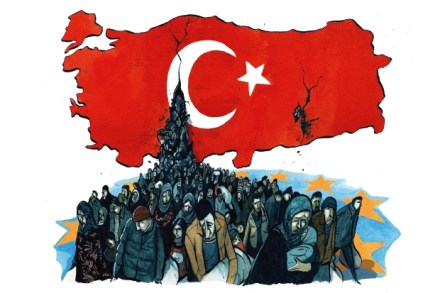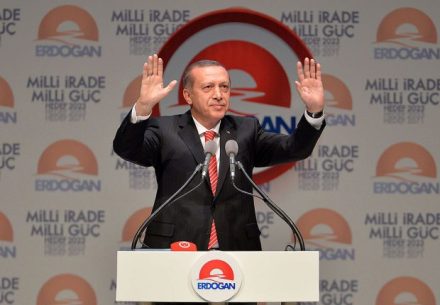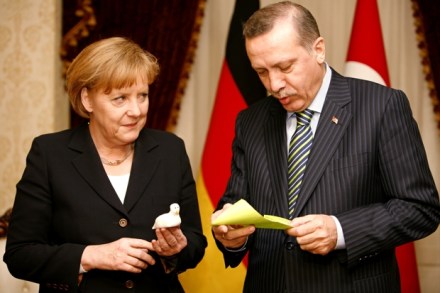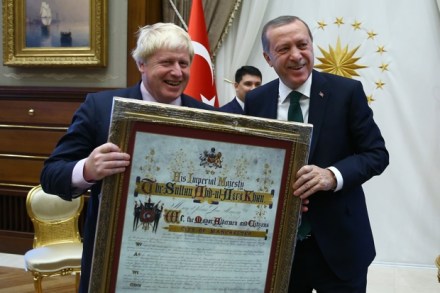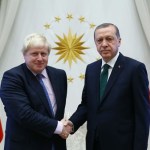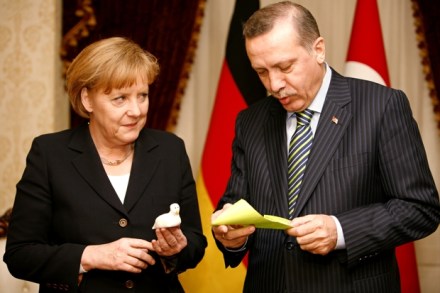Erdogan keeps winning because his opponents never learn
Istanbul President Erdogan hardly swept to victory yesterday. But with 51 per cent of the electorate turning out in favour of his plans to transform Turkey into a state ruled by a hugely powerful presidency rather than the parliament, he now has his mandate to reshape the country in his own image – more religious, more authoritarian, and set to swivel away from Europe while forging new relations with its old Ottoman territories. His supporters celebrated well into the night, lighting flares, driving around the cities with their horns blaring, and waving flags bearing the face of their hero. Meawhile, thousands of distraught people took to the streets in my
